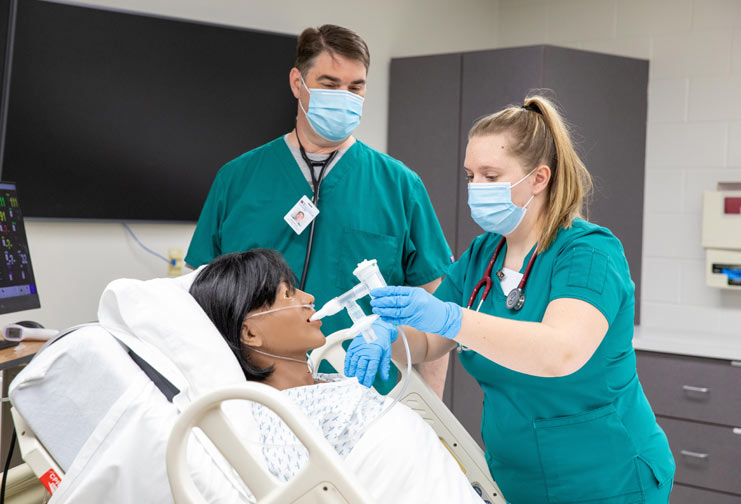Five Common Misconceptions About Technical Colleges

Unfortunately, there are many misconceptions out there regarding technical colleges. In this article, we will debunk those common misconceptions and explain why technical college is a viable choice and should be considered by anyone looking to attend college.
Myth: Technical colleges do not qualify for federal financial aid.
This myth is a central issue for students because the ability to go to school in the United States is entirely dependent on the student’s ability to finance their own educational program. Federal funding is widely recognized as a means to finance higher education at a four-year university; however, many technical colleges are set up to accept Title IV federal funding as well. This means that the student can apply for the Pell Grant and direct student loans through the Free Application for Federal Student Aid, or FAFSA. You need to obtain the school code from the technical college in order to complete this form, and you must verify your income in order to qualify for this financial assistance.
Myth: Technical schools are not as challenging as university programs.
University programs enjoy a long history of competitive academic programming, and this provides them with a certain level of prestige. Many students are under the impression that courses taken from a technical college are less rigorous or challenging, but this is just another myth. Technical colleges train students for work as licensed career professionals, and this requires a detailed understanding of core concepts. In addition, technical curriculum is more demanding than some university degree programs because of the hands-on nature of the training program. Students who learn well from having tactile experiences will do well in this type of environment, so many of these perceptions are subjective.
Myth: There are no job-placement services available.
The common myth that technical colleges merely train students for employment but do not offer any actual job-placement services is not true. While this may be true of some technical colleges, it is an inaccurate generalization that can be quickly debunked. All you have to do is contact the school directly and ask to speak with one of their job-placement counselors. Interview this person, and ask for references to any students who have had a good job experience after using these services.
Myth: All technical colleges have the same accreditation.
Credentials motivate students to enroll in a higher education program, but some students assume that schools are all accredited by the same institution. This is not true, and some technical colleges do not have any accreditation at all, which means that they do not qualify to offer Title IV student loans. Most students want to obtain a credential at an institution that is recognized by others for quality. This boosts the student’s employability, and it can affect the earnings they acquire over a lifetime of work. Research every school, and make sure that they are accredited by the regional board for the area. This is the best way to ensure that you get a return on your educational investment.
Myth: Technical college credits don't transfer to universities.
This common myth is easy to disprove. All you need to do is contact the admissions office of the university and ask them if they accept transfer credits from the technical college you attended. They will probably need original transcripts sent directly from the institution. Transfer credits might only apply to certain majors, so you need to talk directly with each school about the specific situation. Try to plan ahead to avoid taking classes that do not transfer.
Summary
Technical colleges offer students a focused learning experience. This work can prepare the student to enter an existing field right away, and many credits can be transferred for students who are pursuing higher degree programs. Understanding how technical educational programs operate can help students navigate the system. There is no standardized set of requirements for these schools to follow, so they can make a lot of decisions using their internal discretion. Always speak with the schools directly for answers to additional questions.
Wondering what makes CVTC the right choice? Watch this video to find out!


